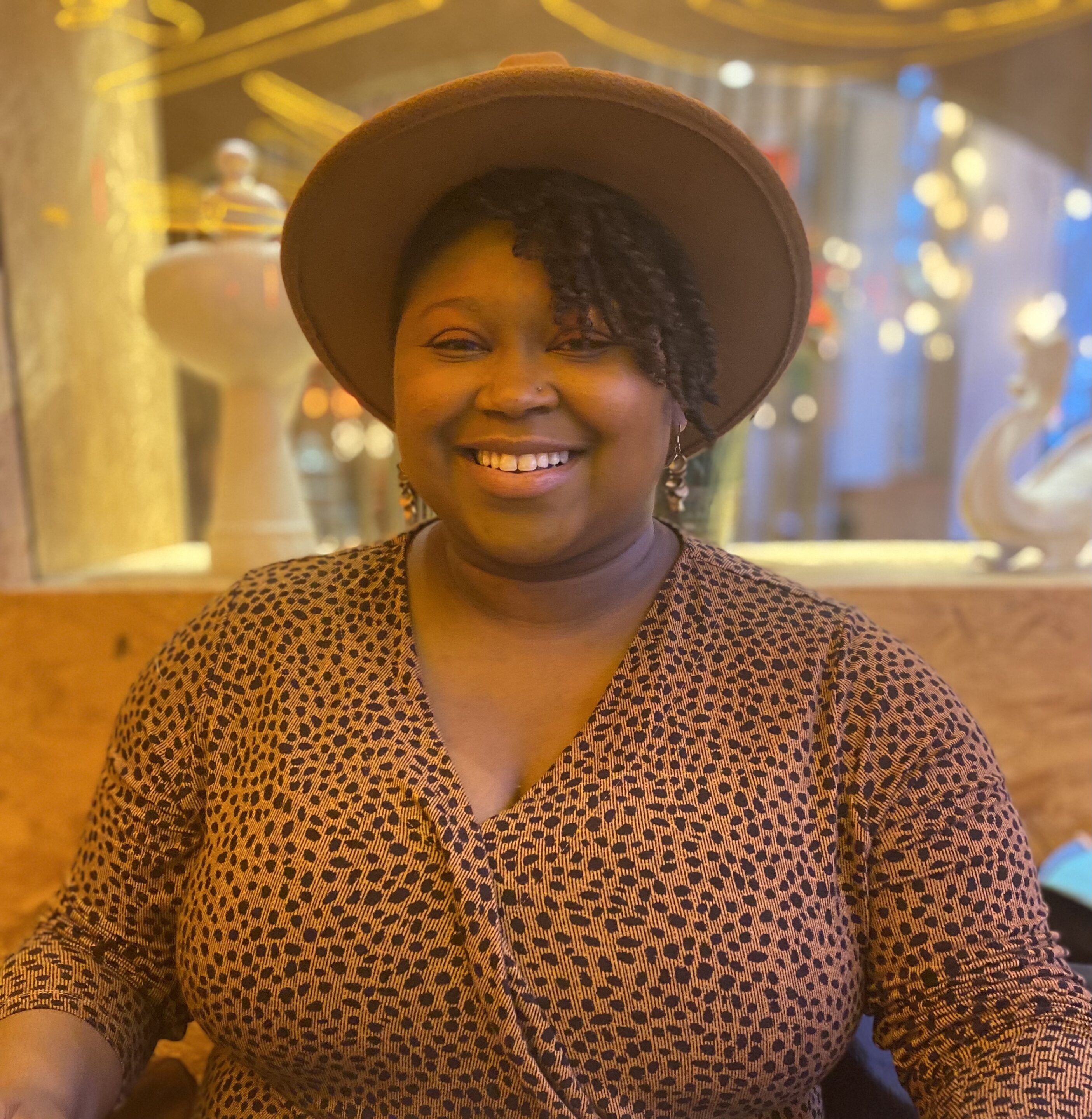From Disability To Embodied Biodiversity: analyzing international inclusive education policy processes in Kenya
Maegan Shanks
About the research
Award
NAEd/Spencer Dissertation Fellowship
Award Year
2024
Institution
American University
Primary Discipline
Educational Policy
Disability inclusive education has become a growing sector within international development that pushes for the rights of children with disabilities to access education along with their non-disabled peers. Many countries including Kenya have committed to achieving equitable education for children with disabilities with its ratification of the United Nations Convention on the Rights of Persons with Disabilities (CRPD). In my dissertation, I strive to explain disability inclusive education policy processes. How do policy makers develop national disability inclusive policies and laws while reconciling with competing social norms regarding people with disabilities reflected in global policies? What explains the lack of effective implementation of disability-inclusive education policies in countries such as Kenya that have ratified the CRPD? Is the lack of effective implementation due to the different conceptualizations of disability? Conceptualizations of disability refers to how stakeholders view the roles of people with disabilities in society. There are norms that reflect deficit orientation on Deaf, DeafBlind, and Hard-of-Hearing (DDBHH) people and people with disabilities (PWD) while some global policies reflect a holistic orientation on DDBHHPWD. Kenya is a leader in the African continent regarding creating and implementing inclusive policies and yet experiences a lack of fully realized implementation of its disability inclusive education policies. I anticipate that the differing conceptualizations of disabilities between Kenya’s societal norms and CRPD may be a factor. My research design consists of interpretivist qualitative mixed methods using inductive causal processing/coding from discourse analysis and content analysis along with archival research and ethnographic fieldwork.
About Maegan Shanks

Maegan “Meg” Shanks is a PhD Candidate studying International Relations at the School of International Service (SIS) at American University in Washington DC, USA, researching international education policy making and implementation centering on disability and development, language justice and intersectionality within the International Development field.
She identifies as a deaf black woman which fuels her passion for understanding intersectionality within education and development. Meg is also a Faculty and Program Assistant for the MA Program in International Development (IDMA) at Gallaudet University in Washington DC, USA, developing and strengthening students’ skills in project design and implementation for social change. Maegan is one of the faculty supporting the new Deaf and DiDRR Disaster and Emergency Planning (DEP) certificate program at Gallaudet University. She is an alum of Gallaudet's Graduate Program, IDMA and has been involved in International Development since 2008, starting with an exchange program by Mobility International USA (MIUSA) in Costa Rica. While an IDMA student, she conducted internships with World Learning in the Youth in International Development and Foreign Affairs program hosted by United States International Council on Disabilities (USICD). She also worked as a researcher with the U.S. State Department under the Special Advisor of International Disability Rights, Judith Heumann. Then she conducted her final internship with the Knowledge, Learning and Training Department at Christian Blind Mission (CBM) in Bensheim, Germany. Prior to joining the IDMA/DEP faculty, she worked as the Disability Inclusive Development (DID) Learning Coordinator for CBM International. She supported the DID team in fostering and maintaining learning and knowledge management that increased capacity development in the DID Community of Practice.
